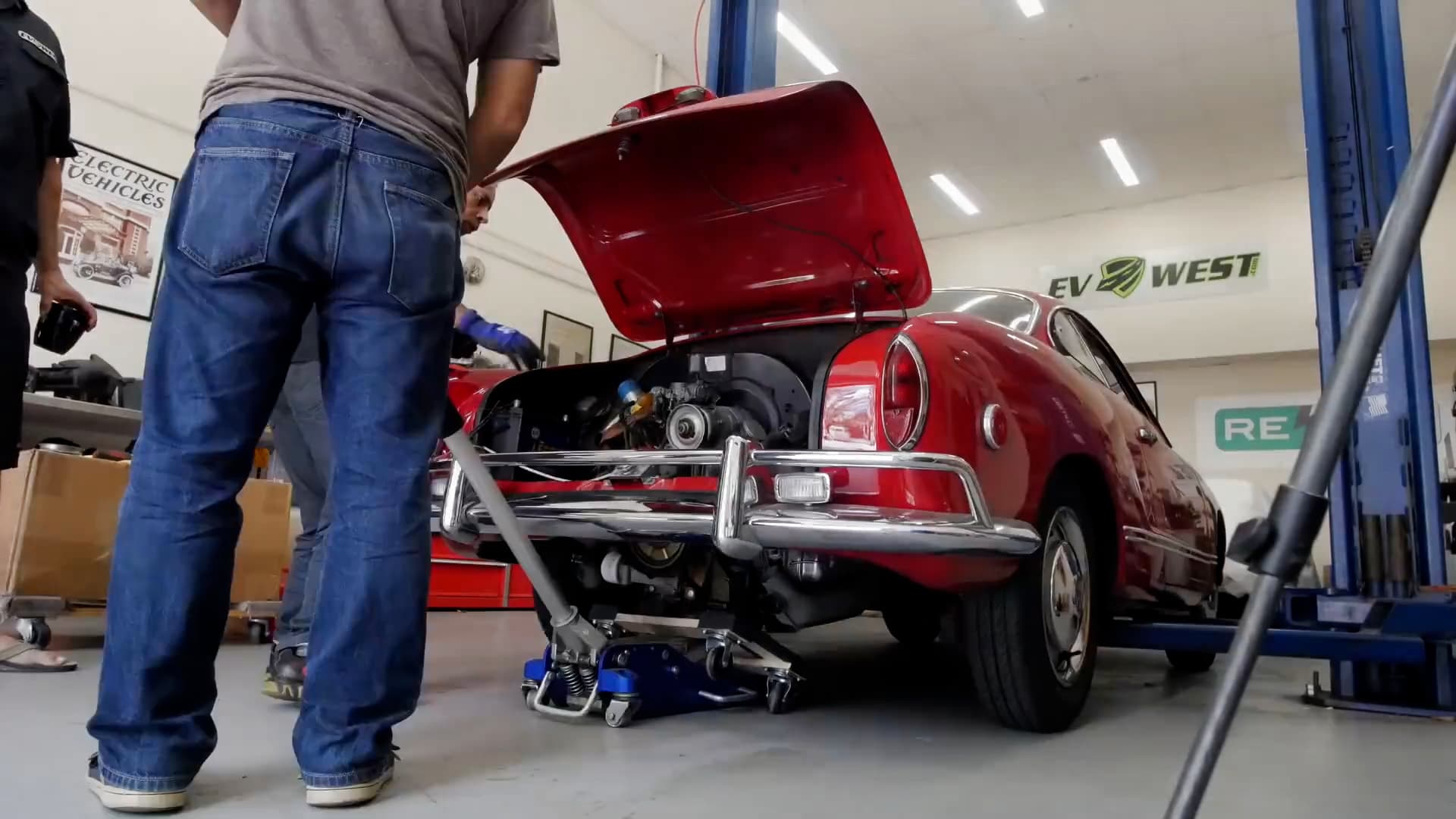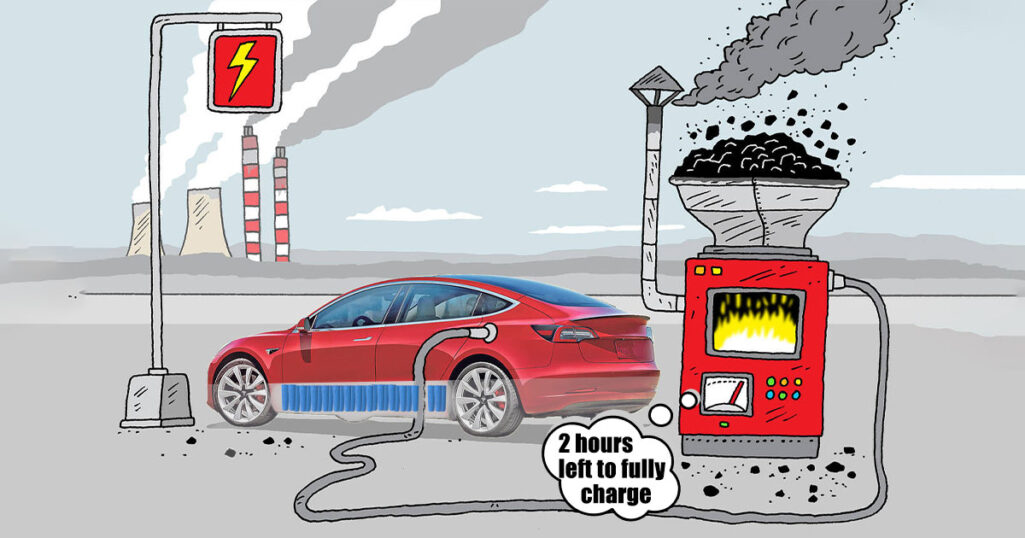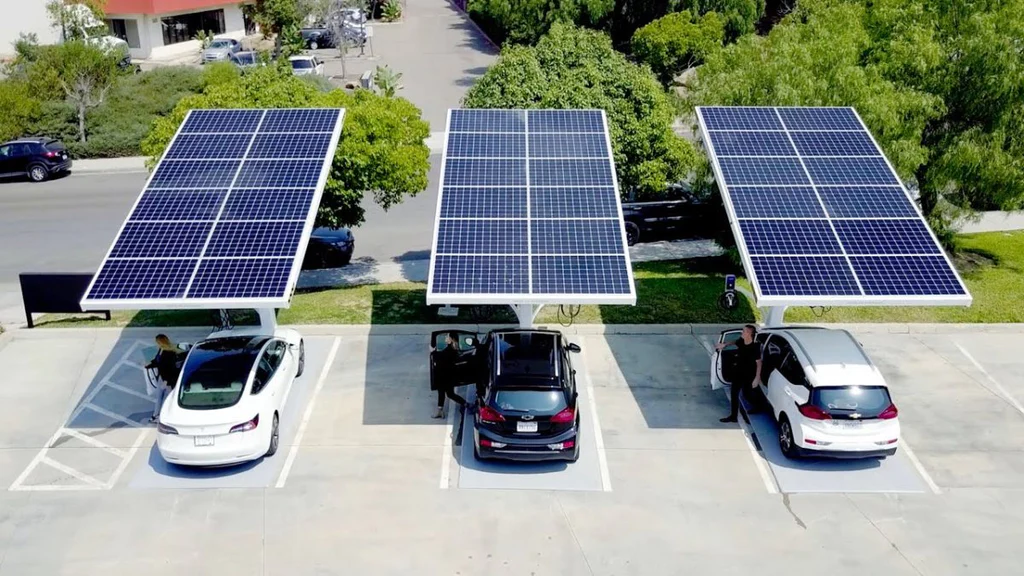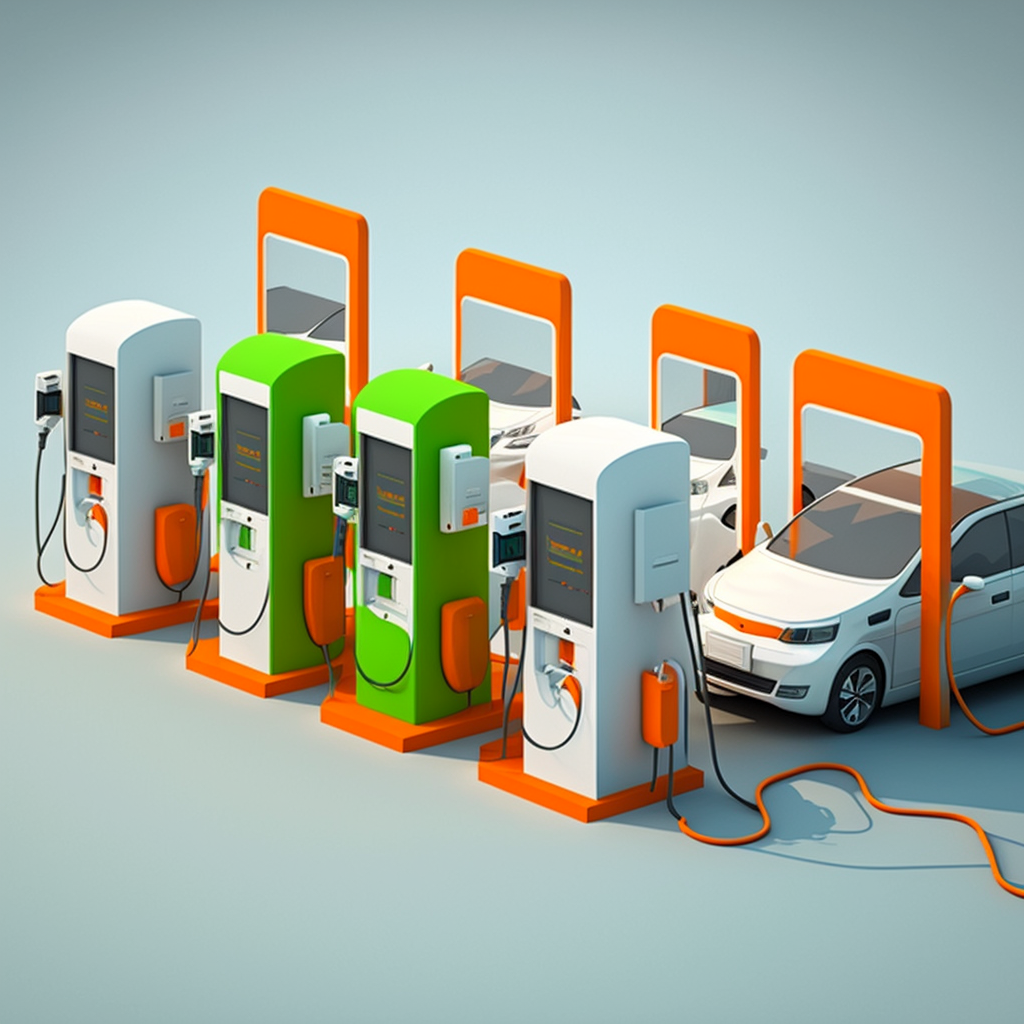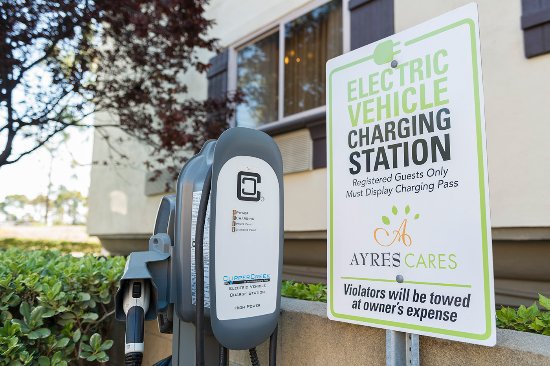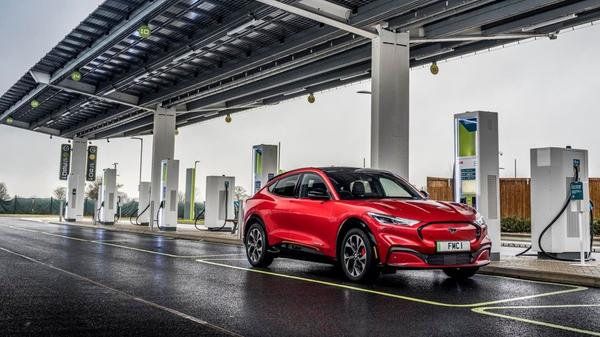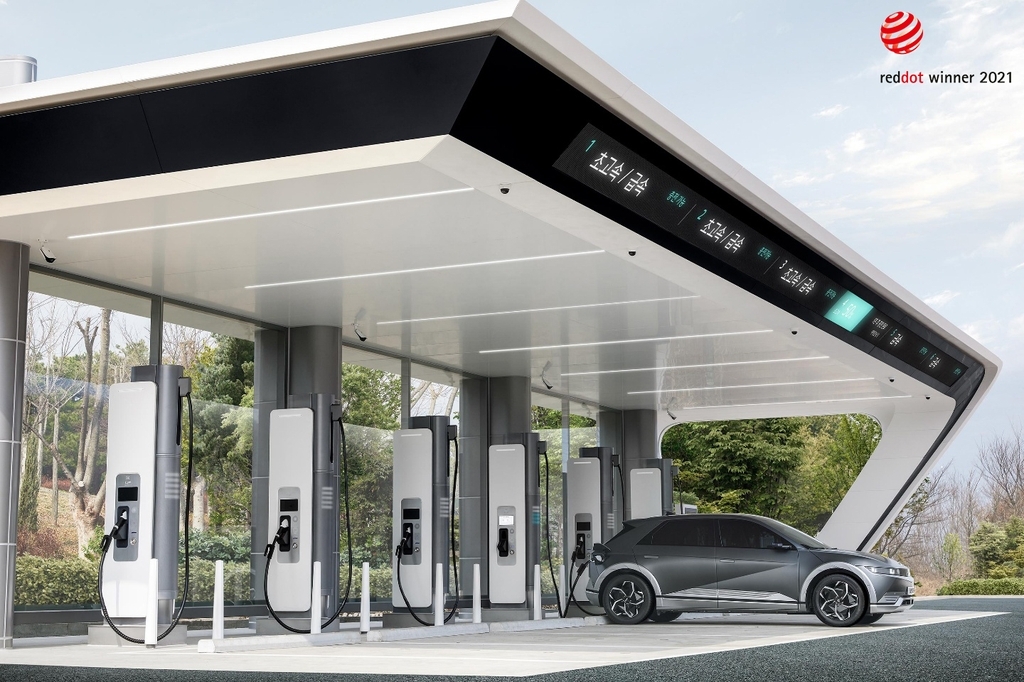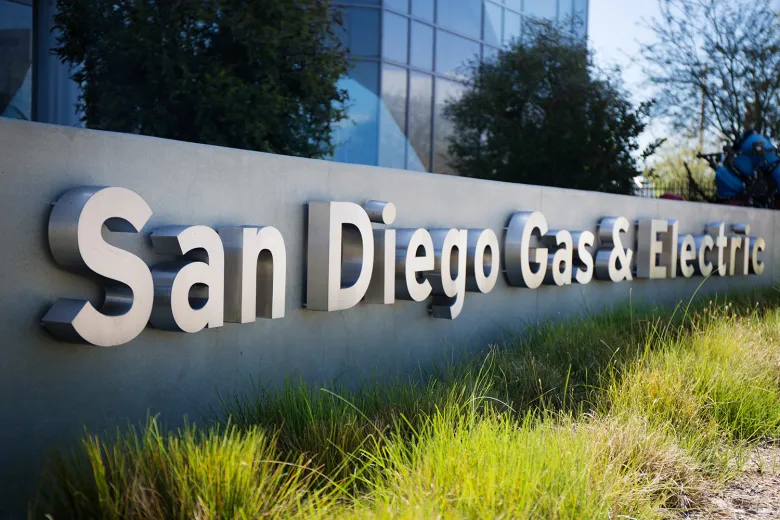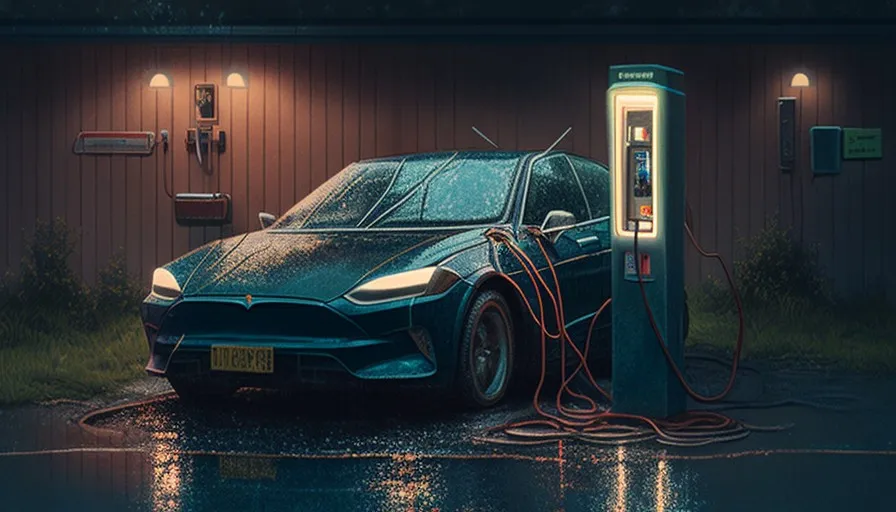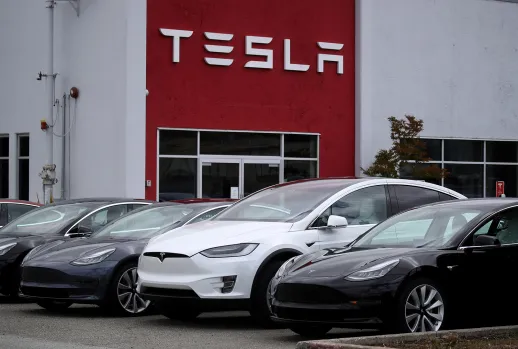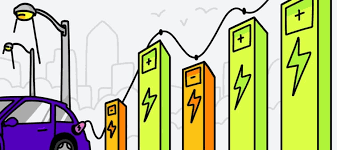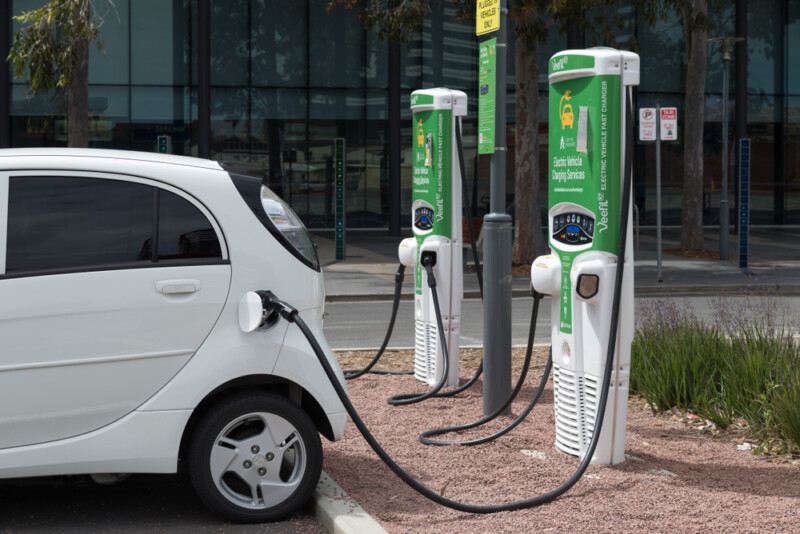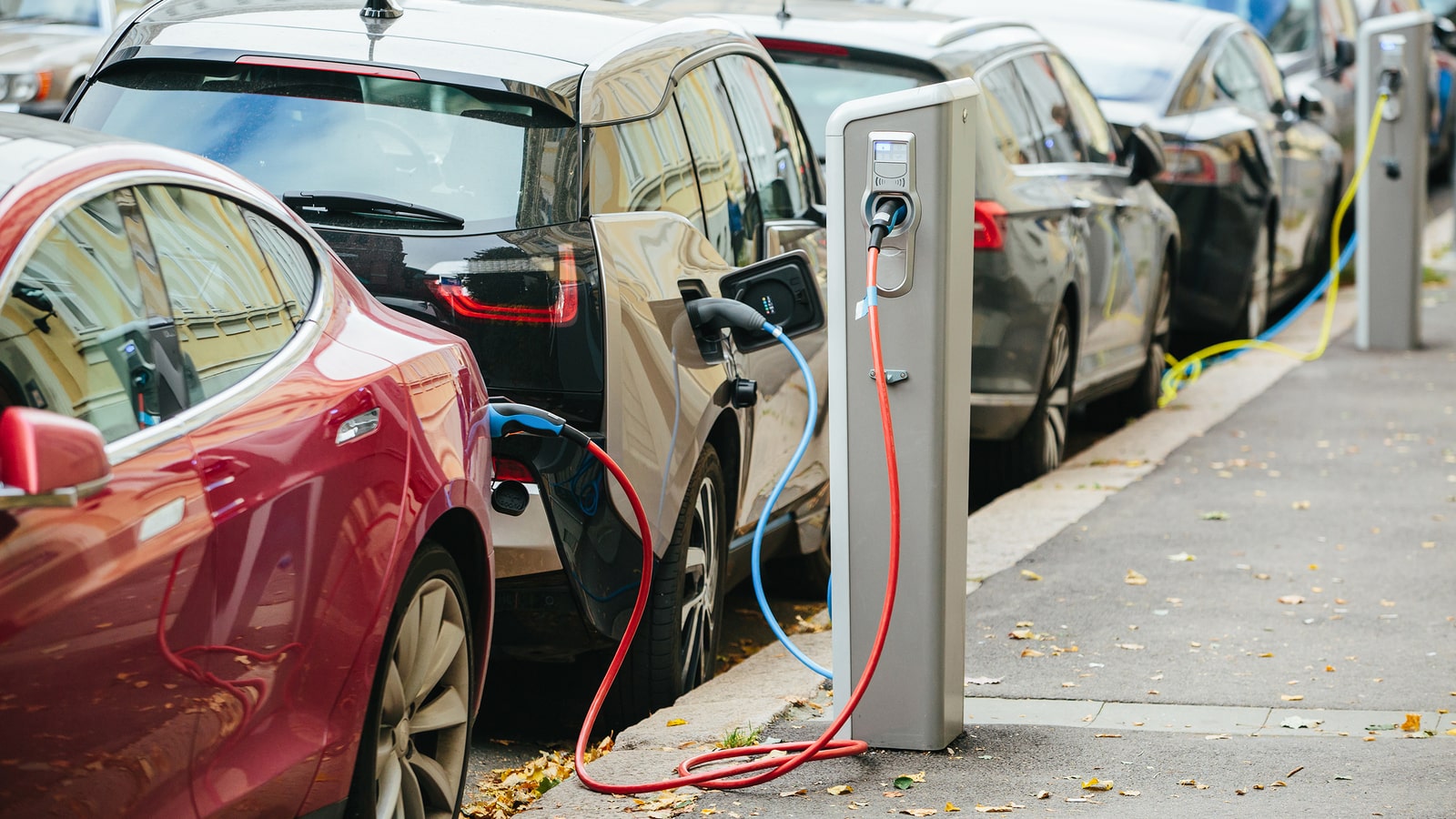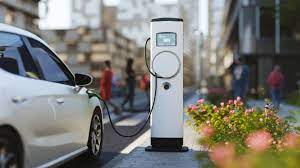In today’s world, there is an increasing demand for eco-friendly transportation options. Many people are now considering converting their gas-guzzling cars into electric vehicles to reduce their carbon footprint and contribute to a greener planet. If you’re one of those individuals looking to make this transition, you’ll be pleased to know that several companies specialize in converting gas cars to electric. In this article, we’ll explore the top players in the field of “Companies That Convert Gas Cars To Electric” and discuss the benefits of making the switch.
The Rise of Companies That Convert Gas Cars To Electric
The automotive industry has undergone a significant transformation in recent years, with a growing emphasis on sustainability and reducing emissions. As a result, a niche market has emerged, dedicated to converting traditional gasoline-powered vehicles into electric ones. These “Companies That Convert Gas Cars To Electric” offer a range of services to help you make the transition to a greener mode of transportation.
Why Convert Your Gas Car to Electric?
Before we delve into the companies that can assist you in converting your gas car to electric, let’s first understand why you might want to consider this option.
- Environmental Benefits: One of the primary reasons for converting a gas car to electric is the substantial reduction in greenhouse gas emissions. Electric vehicles (EVs) produce zero tailpipe emissions, which significantly contributes to a cleaner environment.
- Cost Savings: Although the initial conversion cost can be high, you’ll save money on fuel and maintenance in the long run. Electric cars are more energy-efficient and have fewer moving parts, resulting in lower operational costs.
- Government Incentives: Many governments around the world offer incentives and rebates for electric vehicle conversions. These can help offset the conversion costs and make it more financially attractive.
- Extended Vehicle Life: Converting your gas car to electric can extend the lifespan of your vehicle, allowing you to enjoy it for many more years.
Now that you understand the benefits, let’s explore the top “Companies That Convert Gas Cars To Electric.”
Top Companies That Convert Gas Cars To Electric
1. EV West
Location: San Marcos, California
Services: EV West is a renowned name in the industry, offering conversion kits, components, and complete conversion services. They specialize in converting classic cars into electric, providing a perfect blend of nostalgia and modern technology.
2. Zelectric Motors
Location: San Diego, California
Services: Zelectric Motors is dedicated to converting vintage Volkswagen Beetles and Microbuses into electric vehicles. They maintain the classic aesthetics while upgrading the powertrain for a green driving experience.
3. Electric GT
Location: Chatsworth, California
Services: Electric GT focuses on modernizing and electrifying older vehicles. They offer a wide range of conversion services and are known for their high-quality workmanship.
4. EV West Europe
Location: European operations based in the Netherlands
Services: EV West Europe is the European arm of EV West and offers similar services for those on the continent. They are a trusted name for electric vehicle conversions in Europe.
What to Consider When Choosing a Conversion Company
When selecting a company to convert your gas car to electric, there are several factors to consider:
- Experience: Choose a company with a proven track record in electric vehicle conversions. Look for customer reviews and testimonials to gauge their expertise.
- Certifications: Ensure that the company complies with all necessary safety and environmental regulations. This is vital for your safety and the environment.
- Warranty: Inquire about the warranty offered on the conversion components and workmanship. A reliable company should stand behind its products and services.
- Cost: Request quotes from multiple companies and compare their pricing and the services included in the package.
Conclusion
The rise of “Companies That Convert Gas Cars To Electric” has opened up exciting opportunities for individuals looking to transition to a more sustainable mode of transportation. These companies provide the expertise and solutions to transform your traditional gas car into an eco-friendly electric vehicle. By making the switch, you not only reduce your carbon footprint but also enjoy long-term cost savings and government incentives.
As the world continues to prioritize sustainability and environmental responsibility, electric vehicle conversions are becoming an increasingly popular choice. Consider the environmental benefits, cost savings, and extended vehicle life as you decide whether to convert your gas car to electric. With a variety of experienced companies to choose from, you can embark on a greener and more eco-conscious journey on the road.
In conclusion, the “Companies That Convert Gas Cars To Electric” are paving the way for a cleaner and more sustainable future in the automotive industry. So, why wait? Take the first step toward transforming your gas car into an electric marvel and become a part of the green revolution.
